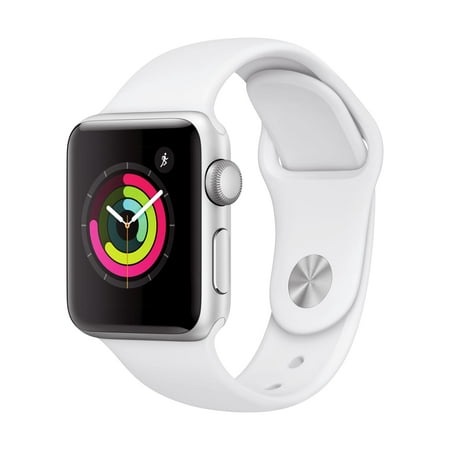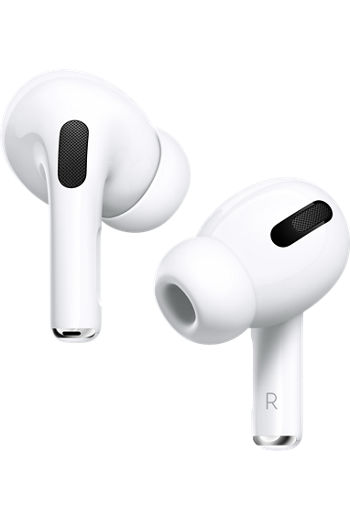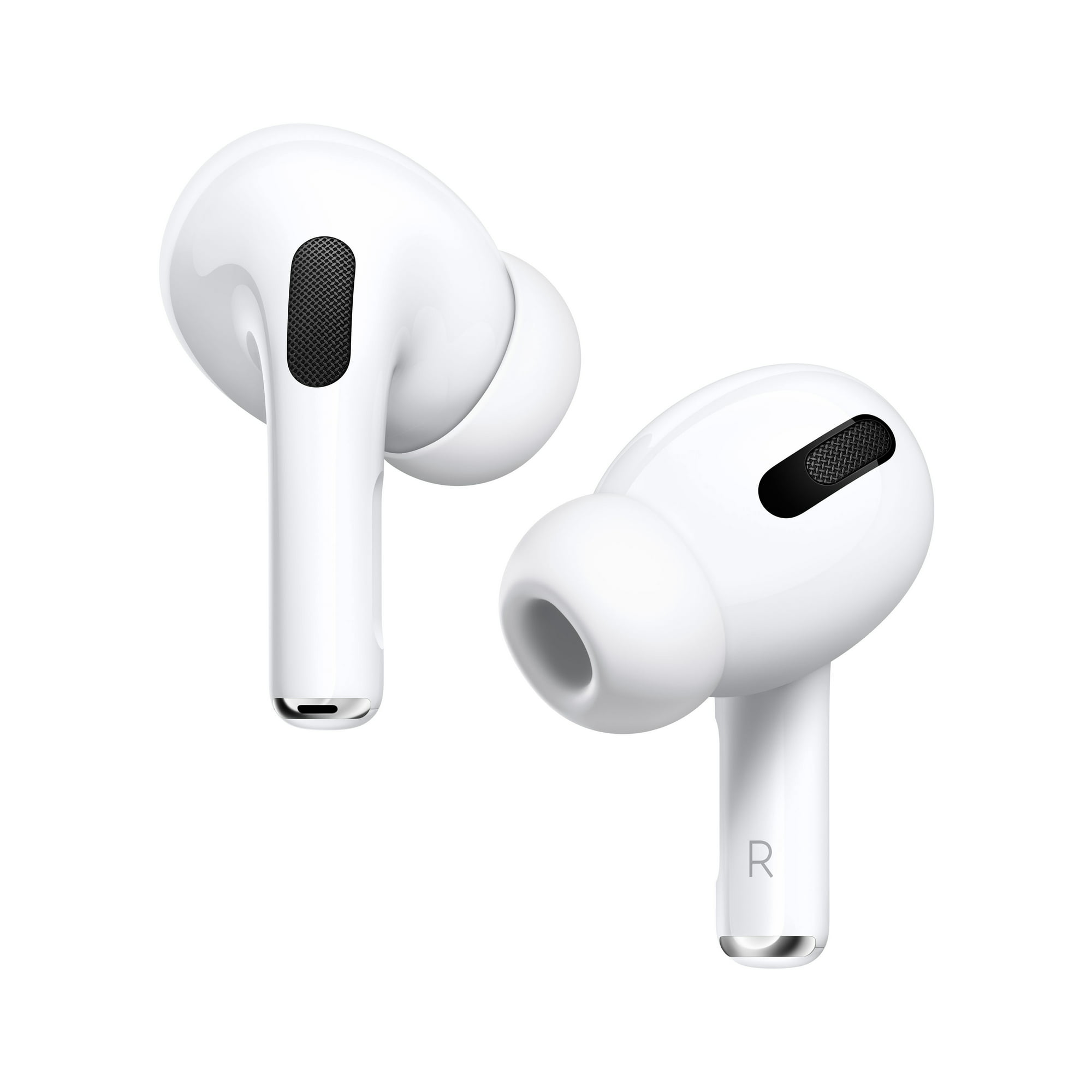Apple Watch Series 3 GPS – 38mm – Sport Band – Aluminum Case
This Apple Watch Series 3 GPS 38mm Sport Band Aluminum Case is ideal for any fitness enthusiast or individual who’s serious about living healthier. It allows you to measure your workouts, from running and cycling to high-intensity interval training. Track and share your daily activity, and get the motivation you need to hit your goals with this GPS activity tracker watch. You can better manage everyday stress and monitor your heart rate more effectively. Automatically sync your favorite playlists (1) and stay connected to the people and info you care about most. This Apple Watch Series 3 GPS 38mm Sport Band Aluminum Case is also suitable for use in shallow water, making it ideal for swim workouts.


Apple Watch Series 3 GPS – 38mm – Sport Band – Aluminum Case:GPS and a barometric altimeter track how far and high you goDual-core processor for faster app performance (2)Ultimate sports watch and intelligent activity trackerSwimproof so you’re always ready for the pool or ocean (3)Apple Watch Series 3 GPS sport band comes in aluminum casewatchOS 4 is even more intuitive and intelligentCondition: New1. Apple Music requires a subscription2. Compared with the previous generation3. ISO standard 22810:2010. Appropriate for shallow-water activities like swimming. Submersion below shallow depth and high-velocity water activities not recommended





Reviews
There are no reviews yet.